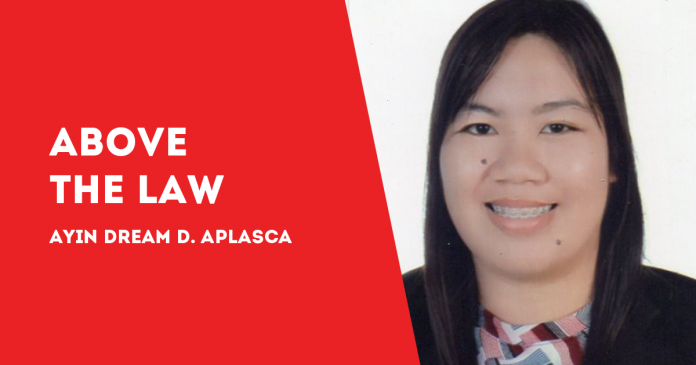
RECENTLY, the arrest of a university professor drew anger from the university she is affiliated with. This was after plainclothesmen from a police district arrested her at her residence for alleged violation of Republic Act (RA) No. 8282 or the Social Security Act of 1997. She allegedly failed to remit the Social Security System (SSS) contributions of her housemaid.
How important are SSS contributions?
The SSS was created to provide employees and their families protection against disability, sickness, maternity, old age, and death. It can provide financial support and assistance in times of emergencies and contingencies. Support may be in form of cash allowances, pensions, and loans.
It covers those who are in the private sector, household helpers or domestic workers, employees of foreign governments or organizations, public utility drivers and operators, self-employed persons, workers in the informal sector (IS), and overseas Filipino workers (OFWs).
A member will be entitled to sickness benefits where he or she will have a daily cash allowance paid for the number of days he or she is unable to work due to sickness or injury. A daily cash allowance may be granted to a female member under maternity benefits. This is applicable to every instance of pregnancy, regardless of frequency, civil status, employment status, or legitimacy of her child. A member may be granted either a monthly pension or a lump sum amount when granted disability benefits.
When a person is involuntarily separated from employment, he or she can avail of unemployment benefits. House helpers and OFWs can avail themselves of this benefit. Also, a member who can no longer work due to old age may avail himself of a cash benefit granted under retirement benefit. He or she may avail of this as a monthly pension or a lump sum amount.
Beneficiaries of a deceased member may avail themselves of the death benefit as well as the funeral benefit for the burial expense of the deceased member or pensioner.
The monthly SSS contributions are based on the member’s compensation level. When the member is employed, the rate is 12 percent of the member’s salary credit not lower than P2,000 and not exceeding P20,000, and this is shared by the employee and the employer at four percent and eight percent, respectively. However, for the house helpers with monthly salaries below P5,000, the employer shoulders the entire contribution.
On the other hand, those who are self-employed or voluntary members must pay the full 12 percent, based on the monthly earnings that you declared at the time of registration, or the monthly salary credit that you set for the employee. If the member is a land based OFW, the minimum monthly salary credit is pegged at P8,000, for a monthly contribution of P960, but the member can choose to pay higher.
We are still under a financial crisis because of the pandemic, employers are still expected to fulfill the statutory obligations to secure the rights and interests of their employees./PN





